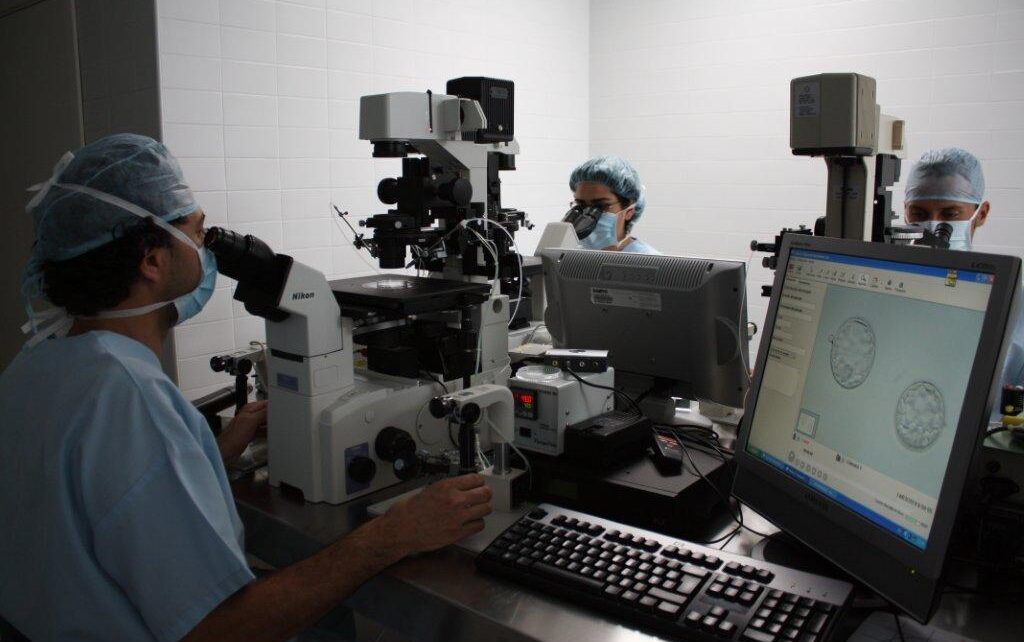New scientific publication on the effect of heavy metals on semen quality
04-04-2012

This review article prepared by Instituto Bernabeu and the University of Murcia, University Miguel Hernández of Elche and the Polytechnic University of Cartagena aims to find correlations between different heavy metals in different bodily fluids and their relation to semen quality.
There have been several hypotheses in recent years about a general decline in semen quality, which has increased the number of couples with reproductive problems. This phenomenon may be associated with toxic exposures in certain jobs and in the environment. It has been shown in epidemiological studies and in other animal species that heavy metals could compromise the function of the male reproductive system. In fact, high concentrations of these metals could alter the sperm morphology, mobility and concentration.
In this study, we evaluated the total concentration of lead, cadmium and mercury in the blood, blood plasma and seminal plasma of 61 volunteers and patients of our centre to see if there were correlations among them. It was observed that there was no correlation between the concentrations of heavy metals in the different bodily fluids of the same person. On the contrary, there was a correlation within the same fluid, indicating that there may be an interaction between the heavy metals and the quantity of one of them would determine the quantity of the rest.
Our research concludes that in order to conduct studies on toxins, mostly heavy metals, and establish correlations with semen quality or reproductive potential, determinations must be made in seminal plasma and not in other bodily fluids. Heavy metals present a high capacity of inducing oxidative stress on cells by damaging their lipid membranes and affecting their viability. This indicates that sperm cells would be the target of this oxidative stress.
Antioxidant treatments could reduce this damaging effect in patients with high concentrations of heavy metals in seminal plasma by improving their sperm quality and therefore their reproductive potential.
